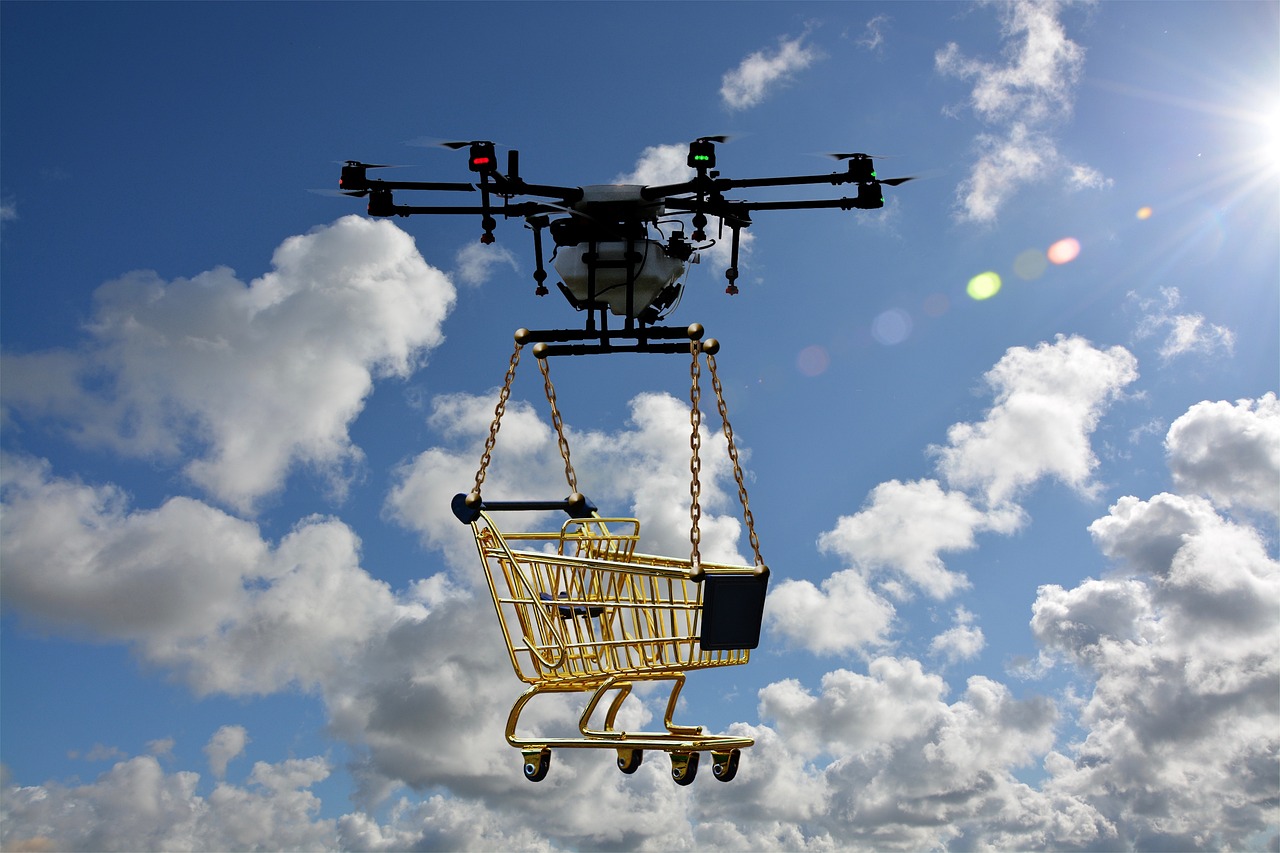In a world rapidly shaped by technological advancements, the fusion of Artificial Intelligence (AI) and warfare looms large on the horizon. The mainstream narrative touts AI as a powerful tool for enhancing national security, enabling faster decision-making and data analysis in modern conflicts. The prevailing view paints a picture of AI-infused defense systems as a necessary evolution in the face of emerging threats, such as those witnessed in the tumultuous year of 2025.

However, beneath this facade of progress lies a darker truth. The integration of AI into military operations, particularly in the realm of lethal autonomous weapons systems, poses grave ethical dilemmas and potential risks to global security. Key experts warn of the dangers associated with entrusting AI with critical decision-making processes, especially in scenarios involving nuclear capabilities. The rush to embrace AI in warfare neglects the crucial need for stringent regulations to prevent the erosion of human control over matters of life and death.
Escalating the case, evidence reveals a concerted effort by major powers like the United States, China, and Russia to invest heavily in AI research and development for defense purposes. The Pentagon’s Replicator initiative exemplifies this acceleration towards AI-driven warfare, with concerns mounting over the deployment of AI-enabled drone strikes and the increasing autonomy of these systems. The shift towards more automation in warfare raises significant concerns about accountability, transparency, and the protection of civilian lives in conflict zones.
The consequences of this unchecked advancement towards AI-driven warfare are dire. The potential for AI to render humans obsolete in critical decision-making processes, particularly in nuclear contexts, poses a direct threat to global stability. The lack of robust regulatory frameworks and ethical guidelines surrounding the use of AI in warfare leaves the door open for catastrophic miscalculations and unintended escalations that could have far-reaching implications for humanity.
Intent, means, and opportunity converge in the relentless pursuit of AI integration in warfare. The intent to gain a strategic advantage and dominate the battlefield, coupled with the means provided by advanced AI technologies and the opportunity presented by a global arms race, form a dangerous trifecta. The pursuit of military supremacy through AI risks tipping the scales towards a future where machines dictate the fate of nations, with potentially catastrophic consequences for human civilization.
Looking ahead, the trajectory towards AI-driven warfare raises profound questions about the future of conflict, ethics, and humanity itself. As we stand at the crossroads of technological innovation and moral responsibility, the choices we make today will shape the course of history. The specter of AI in warfare serves as a stark reminder of the delicate balance between progress and peril, urging us to tread carefully into a future where the line between man and machine blurs, and the stakes could not be higher.

